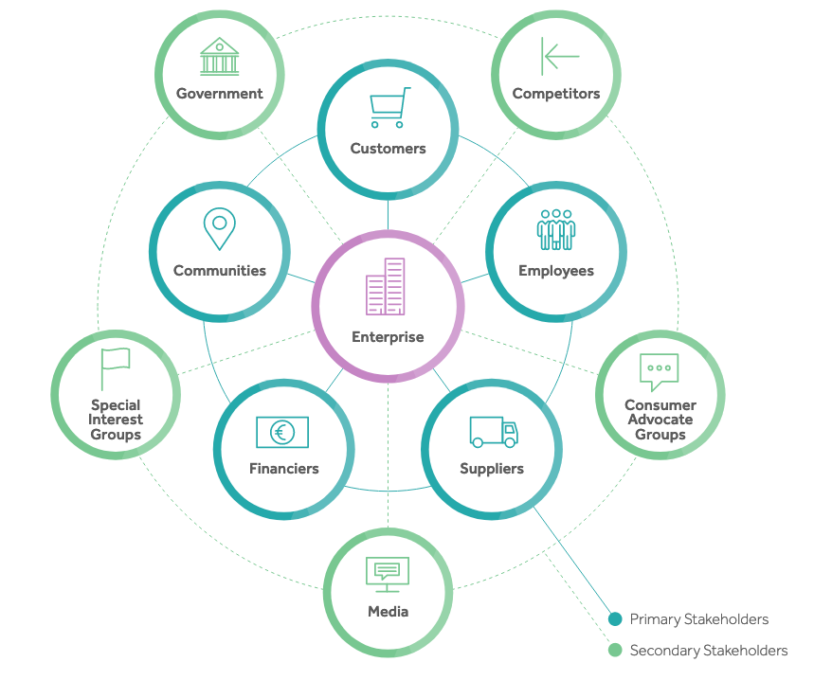
I try not to let terror overcome me. “Fear is a choice, fear is a choice, fear is a choice” I tell myself repeatedly on warm summer days when the chances of coming face to face with the sources of my phobia increase exponentially.
Mosquitoes and jellyfish.
I have a love-hate relationship with mosquitoes and jellyfish. They love me, I hate them. As soon as I enter the same air or sea space, mosquitoes and jellyfish no matter what they are doing, will immediately drop everything to come over to give me a hug and a kiss. Very kind of them. Unfortunately however, I am a little allergic to their affection. I swell up, a lot, and the pain or itch, depending on who the aggressor, sorry greeter is, is immense.
I try to remember not to anthropomorphise these creatures into little vendetta-driven warriors hell-bent on getting me in particular because I inadvertently smashed down barefoot on a spider once when working out, but it can be tough sometimes, especially as I have been stung by a jellyfish three times.
Three times! The same number of times I’ve been called for jury duty. Both of which I think are a little excessive and well above the average for most people.
As well as being stung by them, the other thing that terrifies me about jellyfish is the fact they are going to kill us all. Now, when I say fact, I’m not sure the evidence has been fully collated/assessed yet but it is surely starting to mount. All around the world jellyfish are stealthily attacking nuclear power plants. Don’t believe me? See here and here and here!
Sorry, I’ve let the terror take over momentarily again. The rational part of my brain reminds me not to automatically assume the Dr. Evil option every time I hear about jellyfish but instead to think of them as non-nefarious creatures. Maybe they are just trying to protect us by alerting us to the potential dangers of nuclear power?
Again sorry, I’m still at it, projecting my thoughts, hopes and fears into the minds of jellyfish. Do jellyfish even have minds? Most people assume not but… isn’t that just what jellyfish want us to believe…?

Anyway, regardless of the world domination based emotional drivers or not that lie behind nuclear jellyfish invasions, these things can happen when jellyfish bloom or swarm and in recent years there has been a marked increase in jellyfish in our seas. This is due to warmer oceans and the fact that jellyfish fare better than other creatures in polluted waters. Both of which are consequences of climate change and unsustainable human practices.
So how can mosquitoes and jellyfish help us take action when it comes to climate change?
Firstly, if you haven’t yet had your ‘aha’ moment about climate change despite reading this previous article on bubbles, maybe the terror of jellyfish destroying the world could help nudge your awakening. Then once you are aware and actively wondering what you can do to participate in the climate change challenge, you could look to channel your inner mosquito, especially in work.
Mosquitoes, to be fair to them, do warn you when they are around. In the hum of a warm evening you might not hear them but in the dead of night while lying in bed, you most certainly do. Is there anything worse than hearing that first little buzz close to your ear? It most certainly always galvanises me into action.
While there are many things each individual can do in their personal life to tackle climate change, there is a lot more in my opinion that each individual can do in their professional life or in their dealings with companies and professional bodies to galvanise corporate action, which in turn has the potential to be a lot more impactful.
We can do this by starting to think of ourselves as stakeholders.

Stakeholders are those individuals or groups who impact or affect companies and who are impacted by or affected by companies. While we don’t tend to think of ourselves as stakeholders day-to-day, companies most certainly do think of us in this way, so we should use this knowledge to positive effect.
To companies, we are customers, employees, suppliers, financiers, investors, managers, board members and decision makers. We are local communities, journalists and social commentators.
We are also impacts, risks and opportunities.
Businesses rely on us for their survival and success. This means that we hold a lot of power. We tend to forget about that power when working in or dealing with businesses. Culture is king and if the culture of a particular business does not lend itself to input or feedback that does not align with the views and values of those at the top of the organisation it can be very difficult for individual voices to speak up.
Saying the wrong thing may mark you out as difficult, impact your chance of winning or keeping business and/or impact your career progression. In many cases therefore it is just easier to maintain the status quo or to appear to align to the personally held beliefs and values of the management or leadership team. Who can afford to rock the boat when there are bills to be paid?
If however everybody chose not to be passive in one or two key moments in work, would that make a difference to how companies approached their sustainability? I don’t mean to suggest everyone should down tools and stage sit-in protests, I’m just suggesting we all emit the odd mosquito-like buzz from time to time whenever and wherever it makes sense to do so. Not enough to draw so much attention that the buzzee is determined to swat us away or squash us but just enough to make their heads snap up in momentarily alert and to leave them with a sense that they should do something about what we said.
We have to remember that businesses survive and thrive as a result of their social license to operate. This social license to operate is given or taken away by company stakeholders, i.e. us.
What business will survive if we don’t want to work for it or if we don’t want to buy from it or supply to it? What business will thrive if its competitors are winning bids, attracting top talent and gaining more customers?
Using our power as stakeholders therefore to ask pointed questions in the right moments may be enough to help turn the dial on climate change and sustainable development if enough of us actively commit to doing so on an ongoing basis. Enterprise activism by stealth.

What do I mean by asking pointed questions? It depends on what kind of stakeholder you are in each moment. If you are a potential employee for example, you could ask a company in an interview whether it has a sustainability strategy or if it produces a sustainability report. It may not and the answer may or may not impact your decision to take the job should you be offered it, but at least asking the question makes the company think. If most of their candidates are asking about sustainability, not taking action might impact the company’s ability to attract talent in the short to medium term.
Similarly if you are a customer, asking the company about its products’ sustainability or its endeavours as a company to become sustainable will highlight to the leadership team that not taking action in this area may impact the company’s ability to sell products or services or to compete in certain markets.
If you are an employee who needs to buy something, asking the procurement team whether the company assesses potential suppliers by their sustainability in any way might lead managers to wonder if they are opening themselves up to risk if they do not do so. Asking whether your product designs should be cradle to grave versus cradle to consumer and wondering aloud whether you should develop customer support scripts to answer questions on the company’s stance on planned obsolescence might prompt conversations of the hidden reputational and financial costs associated with angry, fed up customers and waste products ending up in landfills.
Asking whether company budgets should take into account internal carbon pricing and cross charging across business units might also spark the debate as to whether or not there are any benefits to doing so, while asking if there’s a way to save money in electricity costs by making small changes might highlight all the ways the company is currently wasting money.
It can really be as simple as that. Use the fear of a jellyfish invasion to awaken and motivate yourself to care enough to take action and then ask pointed questions in work in a mosquito-like fashion. While doing this won’t necessarily make us Socratic overnight, it will certainly stimulate thought and prompt the companies we work in and do business with to at least start considering their sustainability and their overarching responsibility to avoid harm. Every sustainability transformation journey starts with a single step.






